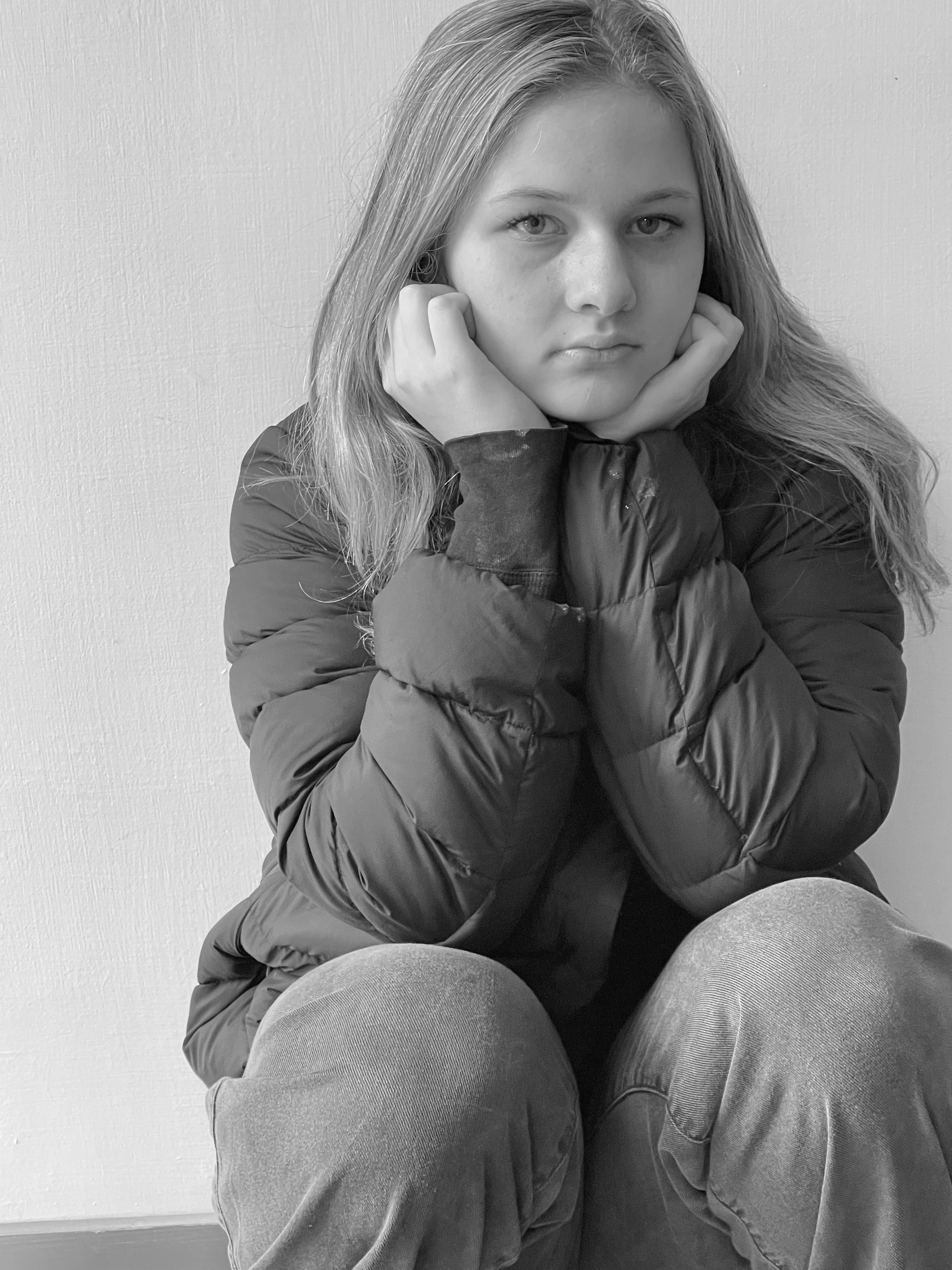We Are America
Stuck Inside the Box
By Amalia

Taipei American School, Taipei, Taiwan
Where I am now IS home.
“Where are you from?” This is the one question I dread the most.
Growing up attending a local Taiwanese public school from the age of 7, I never understood the difference between my classmates and me. I thought that we were all Taiwanese and that we were one and the same. Whenever someone asked me where I was from, I would be confused, wondering why it was not obvious. Back then this question was easy, but as I grew up the answer began to change, and I began to doubt myself more. Slowly as I got older, it would take me longer and longer to answer this one seemingly simple question. I always begin by saying, my dad is from the US, and my mum is from the UK, and then I would always pause. I was not always sure if the last part counted, but I always finished by saying, “But I’m from Taiwan.”
Being forced to always answer this question caused me to doubt myself at an early age. I didn’t know if it was correct for me to be from Taiwan. The idea of being different has always scared me. No matter how young I was when someone was flabbergasted by my ability to speak Chinese, I would be offended. I could not help but be angry, not at them but myself. It wasn’t fair that I was different, it wasn’t fair that they looked down upon me, and it wasn’t fair that people would assume that I was not from here. For the longest time, I was afraid of being just another foreigner, but I knew that I was because of this irrelevant relevant question always forcing me to question my place, my belonging.
For a while, I did not know what made me dissimilar. I just knew that I was. This continued. They needed to know that I was just like them. I needed them to know I was Taiwanese. At my elementary school, it was even more obvious. The teachers would commonly make comments. In my second-grade class, there was a ticket system. Whenever you got something right or did something good the teacher would determine whether or not you received a ticket. his particular cold and wet day, I wanted to go home. A new challenge to win tickets was offered. I was ready. I sat forward, edging my seat. The teacher asked the class, “Who is going to get the worst grade on the test? Amalia or…?” His voice trailed off. I knew he was going to say my name. I could feel everyone's eyes on me. They were snickering. The teacher asked us to raise our hands if they thought I would do worse on the test. The entire room was filled with hands waving in the air hoping not to get missed. My face flushed, and I slowly rose my hand to join them. No one got tickets, not one single person. I got the better grade. I didn’t know what to say. I worked hard in that class yet all they saw me as was an outsider.
Unlike most, I only speak English at home which places me at a disadvantage in their eyes. I was always both scared and embarrassed when my mum would speak Chinese. When most people speak to me, they use English, and I don’t blame them. What hurts most is when I tell them I understand and speak Chinese they ignore it. Of course, it is not their fault, but it isn’t mine either. Years later little has changed, but my sense of self has become stronger.
Being from somewhere is not about your parents, it’s about you, where you were raised, where you grew up, and where you call home. Even years after I leave Taiwan, this will always be my home. It will always be where I am from.
© Amalia. All rights reserved. If you are interested in quoting this story, contact the national team and we can put you in touch with the author’s teacher.